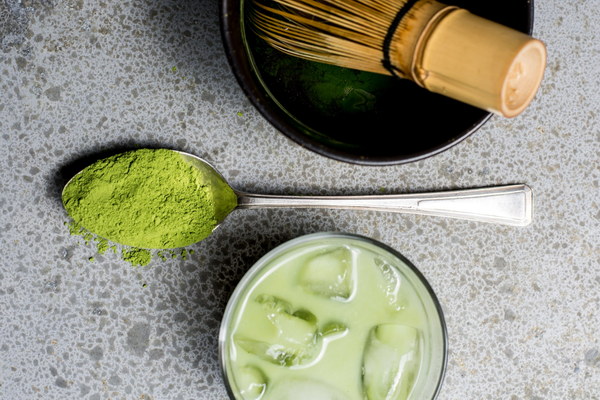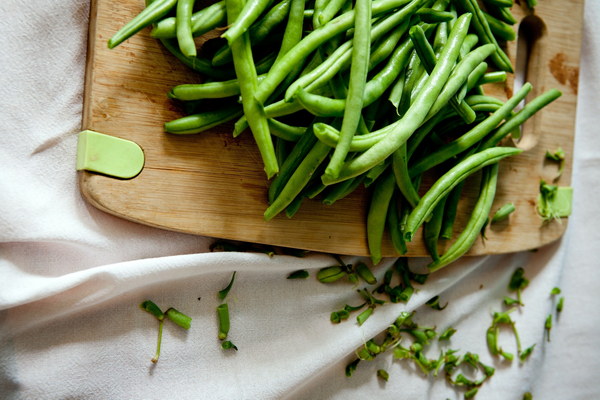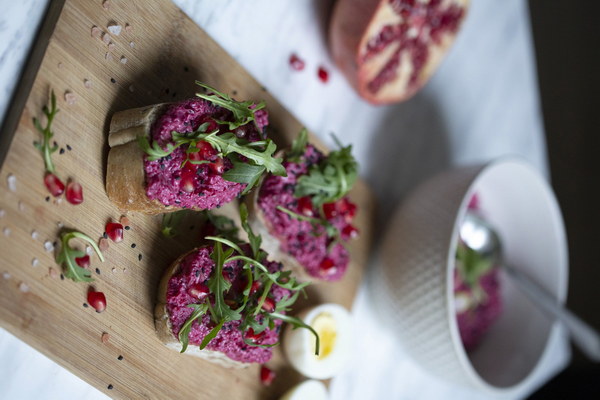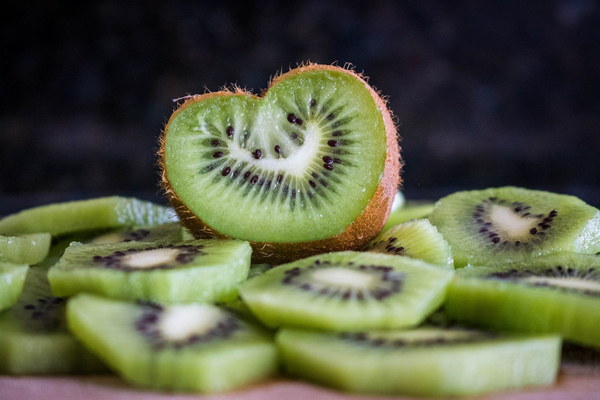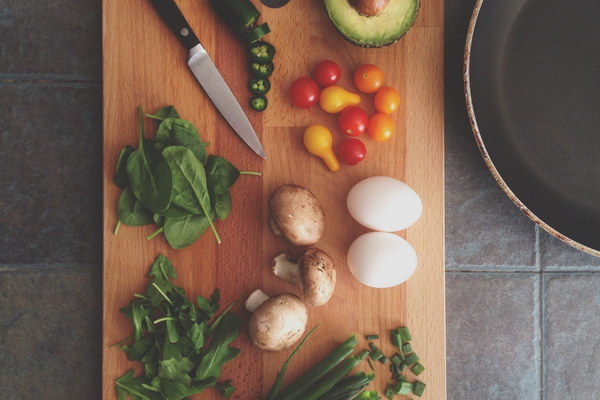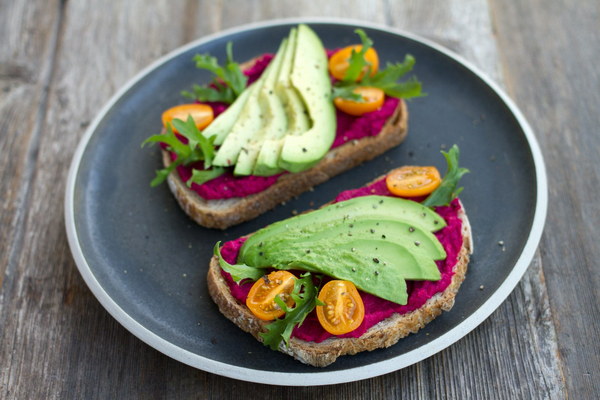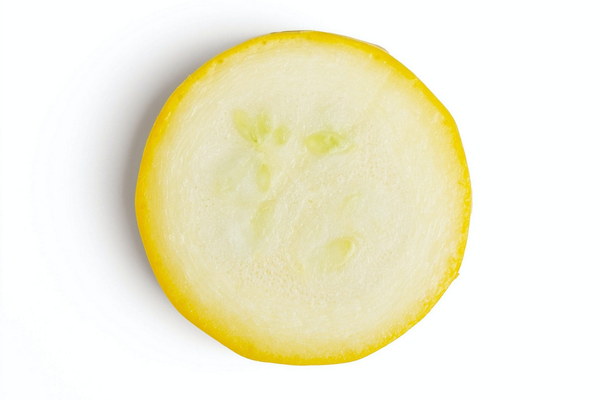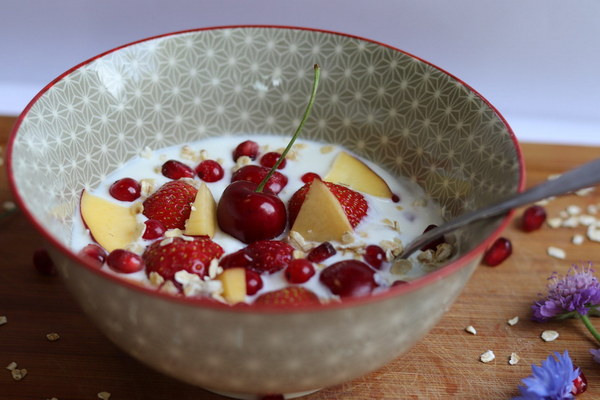Natural Remedies and Nutritional Boosters How to Complement Treatment for Vaginal Infections with Diet
Vaginal infections are a common concern for many women, and while medical treatment is crucial, dietary adjustments can also play a significant role in promoting healing and preventing future occurrences. This article explores the importance of nutrition in complementing treatment for vaginal infections and suggests various food-based remedies to support your body's natural defenses.
Understanding the Role of Nutrition in Vaginal Infections
Vaginal infections, such as bacterial vaginosis, yeast infections, and trichomoniasis, are often triggered by an imbalance in the vaginal flora, which can be influenced by various factors including hormonal changes, antibiotics, and poor diet. Good nutrition can help maintain a healthy vaginal environment, support immune function, and reduce inflammation, which are all important in the treatment and prevention of these infections.
1. Probiotics: The Good Bacteria's Role in Vaginal Health
Probiotics, which are live microorganisms, are known for their beneficial effects on gut health. However, they also play a crucial role in maintaining a balanced vaginal flora. Foods rich in probiotics include:
- Yogurt: Opt for plain, unsweetened, and full-fat yogurt that contains live and active cultures, such as Lactobacillus acidophilus and Bifidobacteria.
- Kefir: A fermented milk drink that is similar to yogurt but contains different probiotics.
- Sauerkraut: Fermented cabbage that is packed with probiotics and can be enjoyed raw or added to salads.
- Kimchi: A traditional Korean dish made from fermented vegetables, particularly cabbage, that is rich in probiotics.
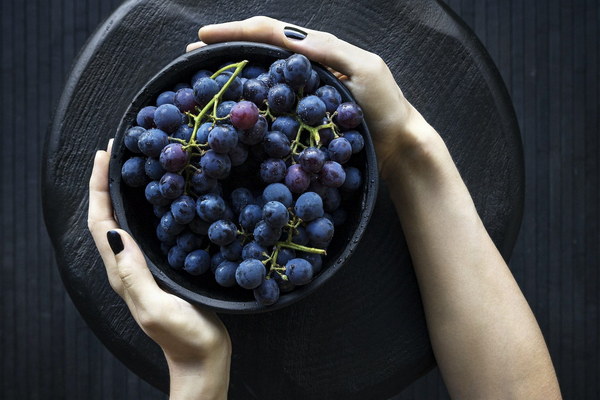
2. Prebiotics: Feeding the Good Bacteria
Prebiotics are non-digestible fibers that serve as food for probiotics, helping them to thrive and multiply. Including prebiotic-rich foods in your diet can help maintain a healthy vaginal flora. Some excellent prebiotic sources include:
- Onions: High in fructo-oligosaccharides, onions can help probiotics flourish.
- Garlic: This pungent vegetable contains allicin, which has antibacterial properties and supports immune health.
- Asparagus: Known for its high fiber content, asparagus is also a good source of prebiotic fiber.
- Bananas: Ripe bananas contain resistant starch, which acts as a prebiotic.
3. Antioxidants: Boosting Immune System Function
Antioxidants help protect your body against oxidative stress and can strengthen your immune system. Foods high in antioxidants include:
- Berries: Blueberries, strawberries, raspberries, and blackberries are all rich in antioxidants and can help combat inflammation.
- Dark Chocolate: High in flavanols, dark chocolate can support heart health and provide antioxidants.
- Green Tea: This beverage contains a high concentration of antioxidants and can help reduce inflammation.
- Nuts and Seeds: Almonds, walnuts, chia seeds, and flaxseeds are all excellent sources of antioxidants and healthy fats.
4. Hydration and Water-soluble Vitamins
Proper hydration is essential for maintaining a healthy vaginal environment. Water helps flush out toxins and can prevent yeast infections. Additionally, water-soluble vitamins like vitamin C and vitamin E can support immune function and reduce inflammation. Good sources of these vitamins include:
- Citrus Fruits: Oranges, grapefruits, lemons, and limes are all high in vitamin C.
- Leafy Greens: Spinach, kale, and Swiss chard are excellent sources of vitamin E and other nutrients.
- Bell Peppers: Red, yellow, and green bell peppers are rich in vitamin C and vitamin E.
5. Limiting Certain Foods
In some cases, dietary changes can help alleviate symptoms and prevent the recurrence of vaginal infections. Foods to limit or avoid include:
- Sugar: High sugar intake can promote yeast growth, so it's best to minimize sugary foods and drinks.
- Dairy: Some women may find that consuming dairy products exacerbates their symptoms, so it may be helpful to reduce or eliminate dairy from their diet.
- Alcohol: Alcohol can disrupt the vaginal flora and weaken the immune system, making infections more likely.
Conclusion
While medical treatment is vital in managing vaginal infections, incorporating a balanced diet rich in probiotics, prebiotics, antioxidants, and hydration can support your body's natural defenses and promote healing. Remember that individual responses to dietary changes may vary, so it's important to consult with a healthcare provider to determine the best approach for your specific situation.
